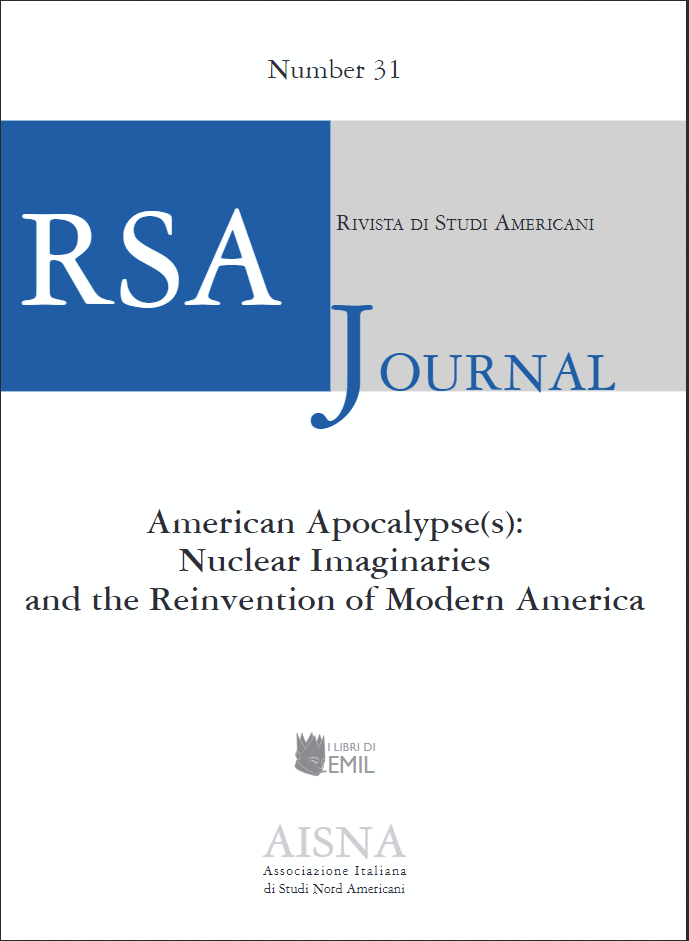“Pay For My Candy, [Non-White Person], or I’ll Kick Your Ass”
Trump, “Rocky,” and Representations of White American Identity
DOI:
https://doi.org/10.13135/1592-4467/8501Keywords:
race, American identity, economy, whitnessAbstract
The election of Donald Trump has brought a widely-recognized emphasis on racializing discourse and policies, especially directed toward immigrants, and his support is commonly understood to derive from white racial and economic resentment. This paper compares discursive continuities between the President’s rhetoric and previous cultural representations that used race to define American identity through a white habitus, especially the Rocky series of films, the narratives of which distill linked racial and economic resentment into their titular hero’s struggle for victory. The roots of these representations are traced to Jacksonian blackface minstrelsy, where they fulfilled a similar function of defining audiences as white Americans through patriotic dramatizations of racial exclusion and class pride. Yet while Rocky symbolized the virtuous hard-working immigrant celebrated and canonized as the essence of the American, the Trump administration and those who voted for it employ that shared discursive tradition of racialized power and economic bootstrappery to exclude present-day immigrants from the American polity. This shift re-emphasizes the central role of whiteness in representational and subjective definitions of American identity.
Downloads
Published
Issue
Section
License
RSAJournal will apply a CC BY 4.0 license to all its contributions starting with issue 37 (2026). Previous issues are licensed under a CC BY-NC-ND licence.





